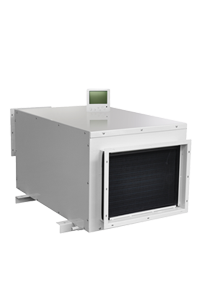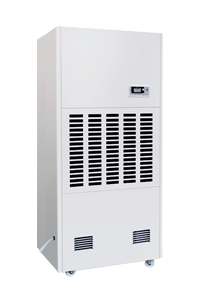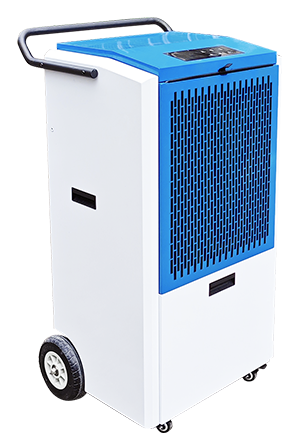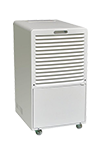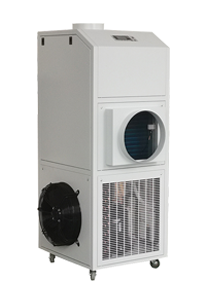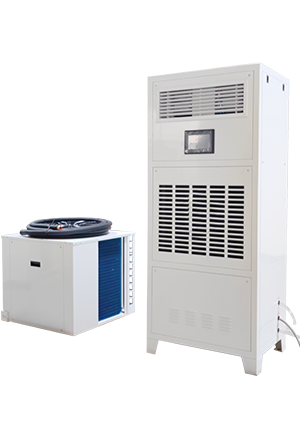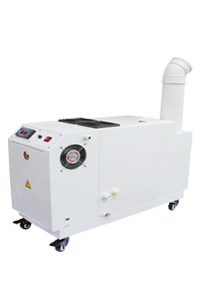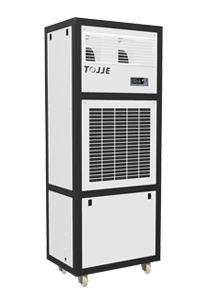News
Electronics and semiconductor manufacturing demand the highest levels of precision and environmental control. Even minor fluctuations in humidity can lead to defects, reduced yields, and compromised product quality. Industrial dehumidifiers play a critical role in maintaining optimal humidity levels, ensuring that sensitive processes remain stable and efficient.
Why Humidity Control Matters
Moisture Sensitivity of Components – Semiconductor wafers, microchips, and electronic assemblies are highly vulnerable to moisture absorption, which can cause corrosion, delamination, and short circuits.
Electrostatic Discharge (ESD) Risks – Low humidity can increase the risk of static electricity, while excess moisture can damage components. Precise control is essential to balance both.
Process Reliability – From lithography to packaging, many semiconductor processes require stable humidity conditions to guarantee consistency.
Applications in Manufacturing
Semiconductor Wafer Production – Ensures defect-free wafers during photolithography and etching.
Electronics Assembly – Protects printed circuit boards (PCBs) and microelectronics from moisture damage.
Component Packaging – Maintains ideal humidity during packaging and storage to extend component shelf life.
Cleanroom Facilities – Supports compliance with ISO and industry humidity standards for controlled environments.
Enhancing Yield and Reliability
By integrating industrial dehumidifiers into electronics and semiconductor manufacturing facilities, companies can safeguard product quality, extend component lifespan, and reduce costly production errors. With technology advancing rapidly and demand for smaller, more complex devices increasing, precise humidity control is no longer optional—it’s a necessity.

